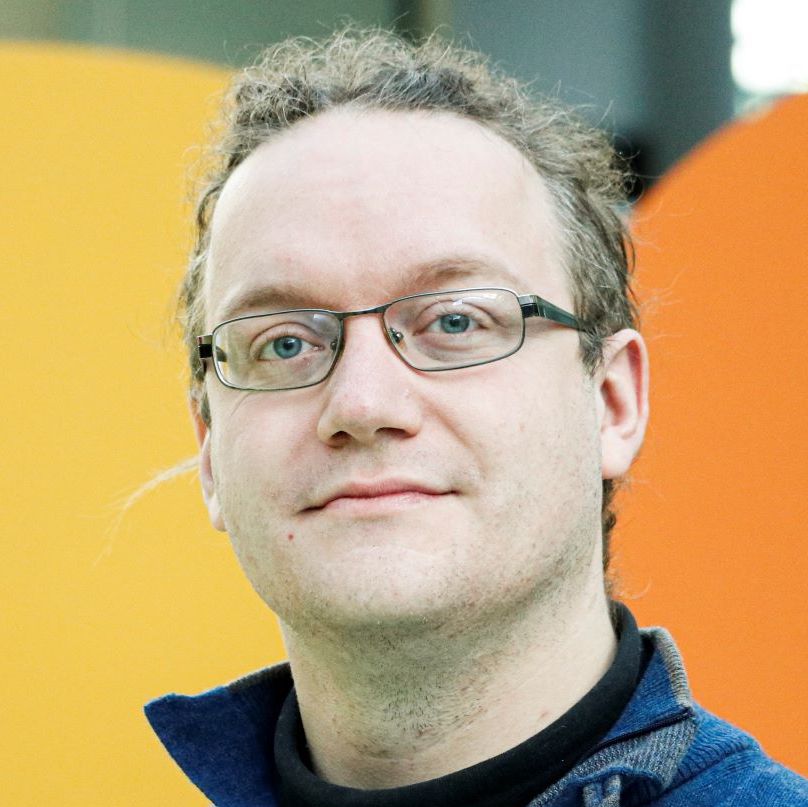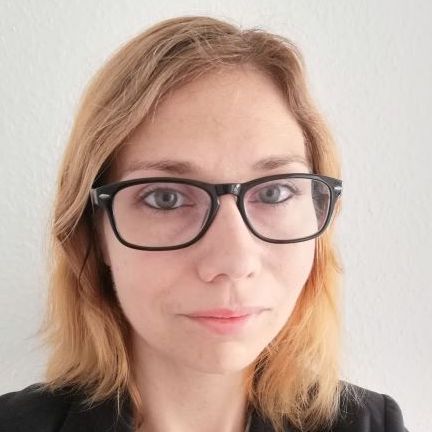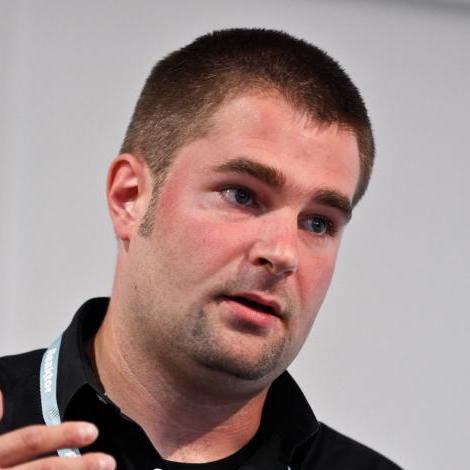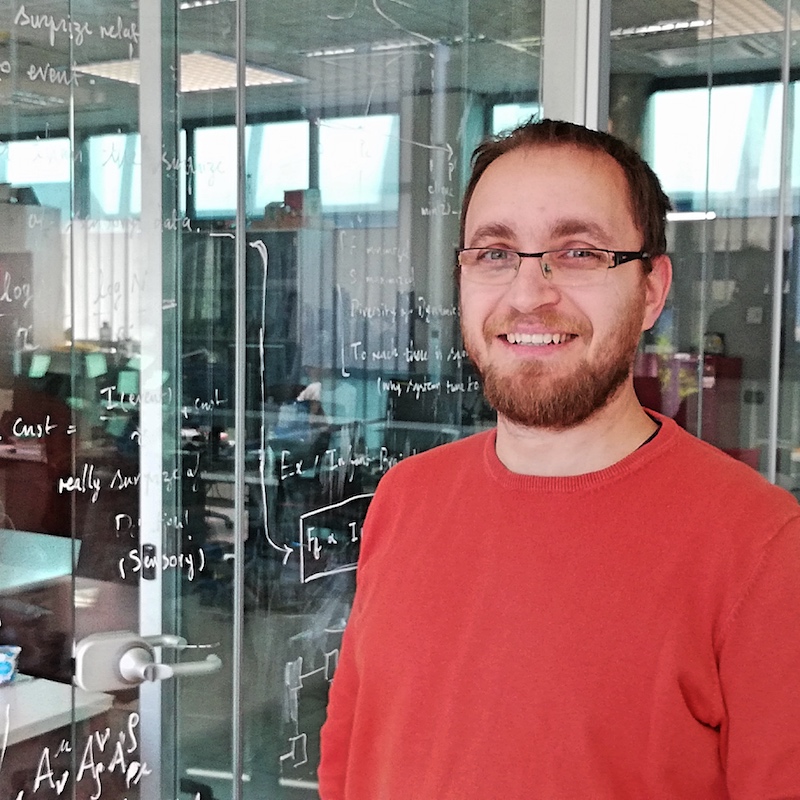Coinciding with the Conference on Complex Systems, and profiting from the opportunity offered by the presence of a wide variety of experts in different topics, we are organising two-day school for PhD students and early-stage researchers. The school is an informal two-day event that offers early-stage scientists the opportunity to hear talks from prominent young researchers, learn about the scientific and life experience of young and senior researchers, socialise and have fun playing the specifically tailored online trivia.
This year, due to a worldwide pandemic situation, the school is going to be to be held in hybrid mode, both on-site and online, on October 22-23, 2021, before the main CCS conference. The preliminary school schedule consists of four lectures from young scientists, scientific writing workshop session, project-making event, pub quiz and social event on-site. The sessions will be divided by informal coffee breaks, where participants may chatter with their peers, both online and face-to-face.
Important details
The registration is finally open! Tickets are available here. The event will happen in hybrid format, therefore there are two modes for participation:
On-site in Lyon:
— 50 EUR early-bird registration (until October, 17);
— 75 EUR, until Wednesday, October 20.
The fee covers coffee breaks, lunch and social events.
On-line worldwide:
— 5 EUR for CCS’2021 participants and yrCSS members [(see About / yrCSS Bylaws for definition)];
— 10 EUR, otherwise.
In order to get your the discounted ticket, please send us an email with the proof of CCS’2021 registration or with your full name and the date of the PhD defense to yr.cssociety@gmail.com.
We also offer registration fee waivers! If you would like to obtain one and participate for free, please apply via this form by Oct 17th.
For further information please write us at yr.cssociety@gmail.com
Program
Friday, Oct 22nd :: CET time (+1 GMT)
- 09:30-09:45: Registration
- 09:45-10:00: Opening
- 10:00-11:00: Manlio De Domenico :: Lost in the transition (?) – On moving from a postdoctoral researcher to opening your own research lab
- 11:00-11:30: Coffee break
- 11:30-12:30: Flash presentations
- 12:30-14:30: Lunch break
- 14:30-15:30: Izabela Anna Romanowska :: An Introduction to Agent-Based Modelling with NetLogo
- 15:30-16:00: Coffee break
- 16:00-17:00: Elisa Omodei :: Complexity & Data Science for the SDGs
- 17:00-18:00: Wiki Game
Saturday, Oct 23rd :: CET time (+1 GMT)
- 09:30-10:30: Márton Karsai :: Computational Human Dynamics: a longer than shortest path from statistical physics to computational social science
- 10:30-11:00: Coffee break
- 11:00-12:00: Riccardo Gallotti :: Survival function: a few things about academia I learnt during the last 10 CCS
- 12:00-14:00: Lunch break
- 14:00-14:30: Speed dating / “project-making” activity
- 14:30-15:30: Pub quiz
- 15:30-16:00: Coffee break
- 16:00-20:00: Social event
Speakers

Elisa Omodei
Central European University, Vienna, Austria
Complexity & Data Science for the SDGs
In a rapidly changing world, severely affected by extreme weather events, epidemic outbreaks, economic shocks and conflicts, it is of fundamental importance to estimate where and how many the most vulnerable people are. In this talk, I will give an overview of current applications of complexity and data science for the Sustainable Development Goals (SDGs), with a deep dive on predictive modeling of food insecurity. In this context, I will focus on the main challenges and differences in doing research in the context of humanitarian organizations with respect to academia, and in bridging the gap between these two worlds.

Riccardo Gallotti
Fondazione Bruno Kessler, Trento, Italy
Survival function: a few things about academia I learnt during the last 10 CCS
An early YRNCS/yrCSS enthusiast shares an incomplete, anecdotal, subjective, but honest series of suggestions that helped him through the bumpy road that is an academic career.

Izabella Anna Romanowska
Aarhus University, Denmark
An Introduction to Agent-Based Modelling with NetLogo
This is a quick guide to help you recreate a simple SIR model as an ABM and expand it to include additional social behaviours (many would argue: fundamental human needs). It is designed to give you a flavour of the capabilities of ABM, the ease and intuitiveness of development and the enormous amount of freedom that it provides compared to other approaches.

Marton Karsai
Central European University, Vienna, Austria

Manlio di Domenico
CoMuNe Lab, Fondazione Bruno Kessler, Trento, Italy
Wiki game
You all know about the six degrees of separation in human social networks, and probably would think that is applicable to any ‘organically’ growing network. Well, have you ever had this thought about Wikipedia pages? Do you think the largest community-created knowledge network has such a property? Let us test our expectations using a hands-on activity – called as the ‘Wiki game’. In this game, you need to use your laptop/mobile device to go from a given Wikipedia page to another through (Wikipedia) hyperlinks, while also minimizing the number of clicks and time. Are you ready for the challenge?
We will be using a link to get to a privately hosted game by the yrCSS. If you cannot see the game specified, please contact the hosts. We will maintain a leaderboard across games, and the top scorer wins.
Online Pub quiz
A live trivia quiz with questions from Complexity Science where Warm-Up participants join online and get the chance to win prizes. The questions are multiple-choice, short, and fun. No preparation required; join from a web browser or mobile app, answer questions synchronously with everyone, and climb higher on the live scoreboard!
Social event
This year we decided to warm up with the Laser Tag game! Three rounds of exciting game await you! A location in centre of Lyon will let the evening finish in an informal atmosphere.
Organizers
— Furkan Gursoy
— Chico Camargo
— Alexey Medvedev
— Aleix Bassolas
— Violeta Calleja Solanas
— Anshuman Swain
Venue
The event will take place both on-site and online. The on-site venue is the
Friday :: Oct 22
ENS de Lyon, campus Monod, 46 allé d’Italie, 69007 Lyon
(then amphitheater H)
Saturday :: Oct 23
ENS de Lyon, campus Descartes, 15 parvis René Descartes, 69007 Lyon
(then amphitheater Descartes)
